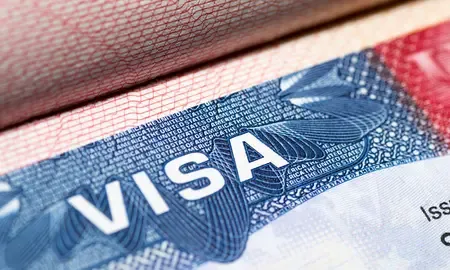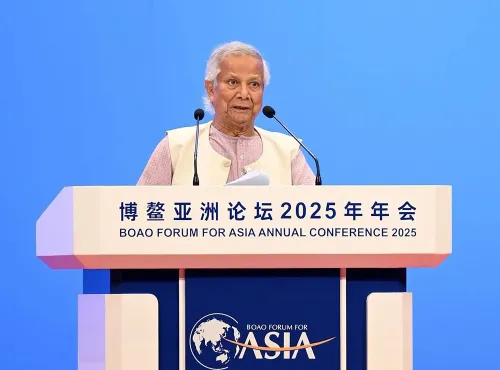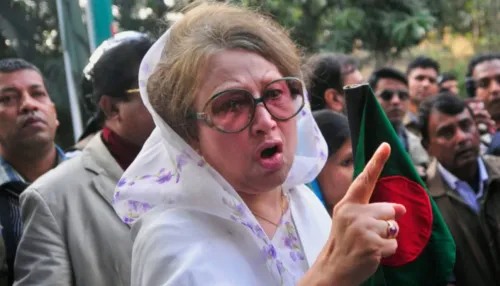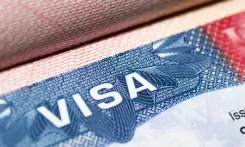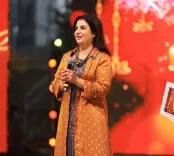Did Former Japanese PM Shinzo Abe's Shooter Just Admit Guilt?
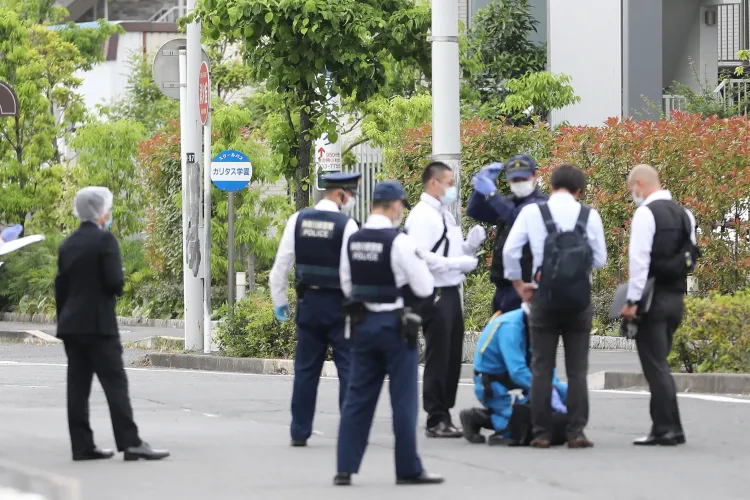
Synopsis
Key Takeaways
- Tetsuya Yamagami has pleaded guilty to the assassination of Shinzo Abe.
- The incident raises questions about the influence of the Unification Church in politics.
- Yamagami's upbringing has been cited in defense arguments.
- Abe's assassination has had unprecedented consequences for Japan.
- The case highlights the complex relationship between personal trauma and public actions.
Tokyo, Oct 28 (NationPress) A man accused of the assassination of former Japanese Prime Minister Shinzo Abe in 2022 admitted his guilt on Tuesday during his initial court appearance following the shocking incident that captivated the nation and highlighted the connection between the Unification Church and political figures, according to local media.
At the Nara District Court hearing, Tetsuya Yamagami stated, "I acknowledge the act. There is no question that I committed it." Yamagami, 45, faces charges for fatally shooting Abe with a homemade weapon while he was delivering a campaign speech in Nara on July 8, 2022.
The defense has argued that Yamagami's personality and actions were influenced by a childhood marked by religious trauma. His legal team noted that Yamagami's mother, who was a member of the Unification Church, contributed 100 million yen to the organization. She is one of the 12 witnesses set to testify before the court's decision on January 21.
During the proceedings, prosecutors highlighted Yamagami's animosity towards the Unification Church, attributing it to his mother's involvement with the group, believing that targeting Abe would bring the organization "attention and criticism."
Prosecutors emphasized that the consequences of this crime were "unprecedented" in postwar Japan and argued against using Yamagami's challenging upbringing as a basis for reducing his sentence.
According to Kyodo News, Abe was targeted due to the historical connection with his grandfather, Nobusuke Kishi, who previously served as Japan's prime minister and played a role in introducing the Unification Church to Japan, which was founded in 1954 by a staunch anti-communist in South Korea.
Tetsuya Yamagami has also been charged with damaging property through test-firing and violating laws governing explosives, firearms, and weapon manufacturing.
The Unification Church is facing scrutiny for its ties to members of the ruling Liberal Democratic Party, formerly led by Abe. Notorious for its aggressive fundraising techniques, the church is under a court order to disband, which it is contesting.
Shinzo Abe, who served as Japan's longest-serving leader, was shot and killed at the age of 67 while giving a campaign speech in Nara in 2022. Born into a notable political family, he began his political career as a secretary for his father, former Foreign Minister Shintaro Abe, before being elected to the House of Representatives in 1993. He served as Japan's prime minister from 2006 to 2007 and again from 2012 until his resignation due to health issues in 2020.

